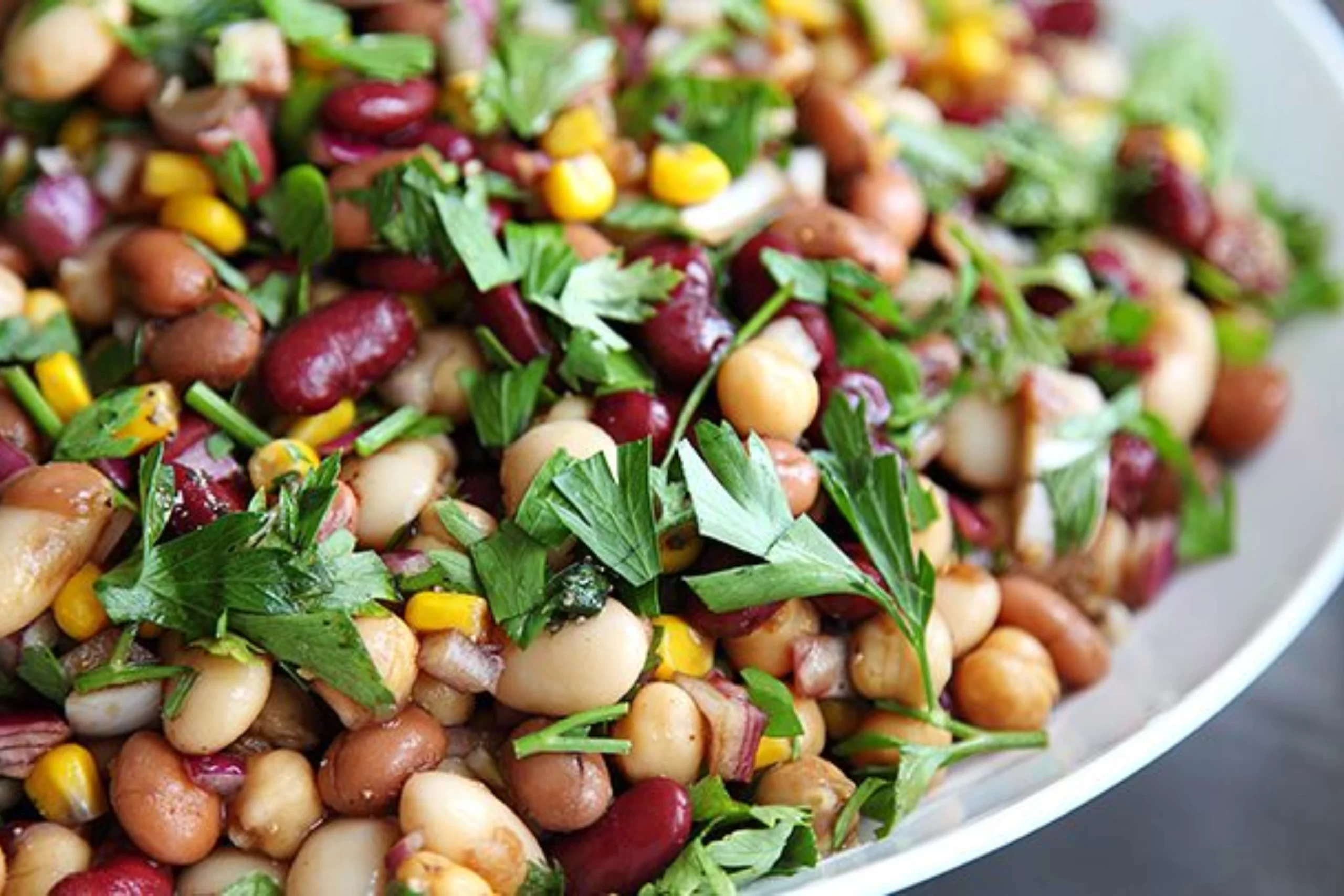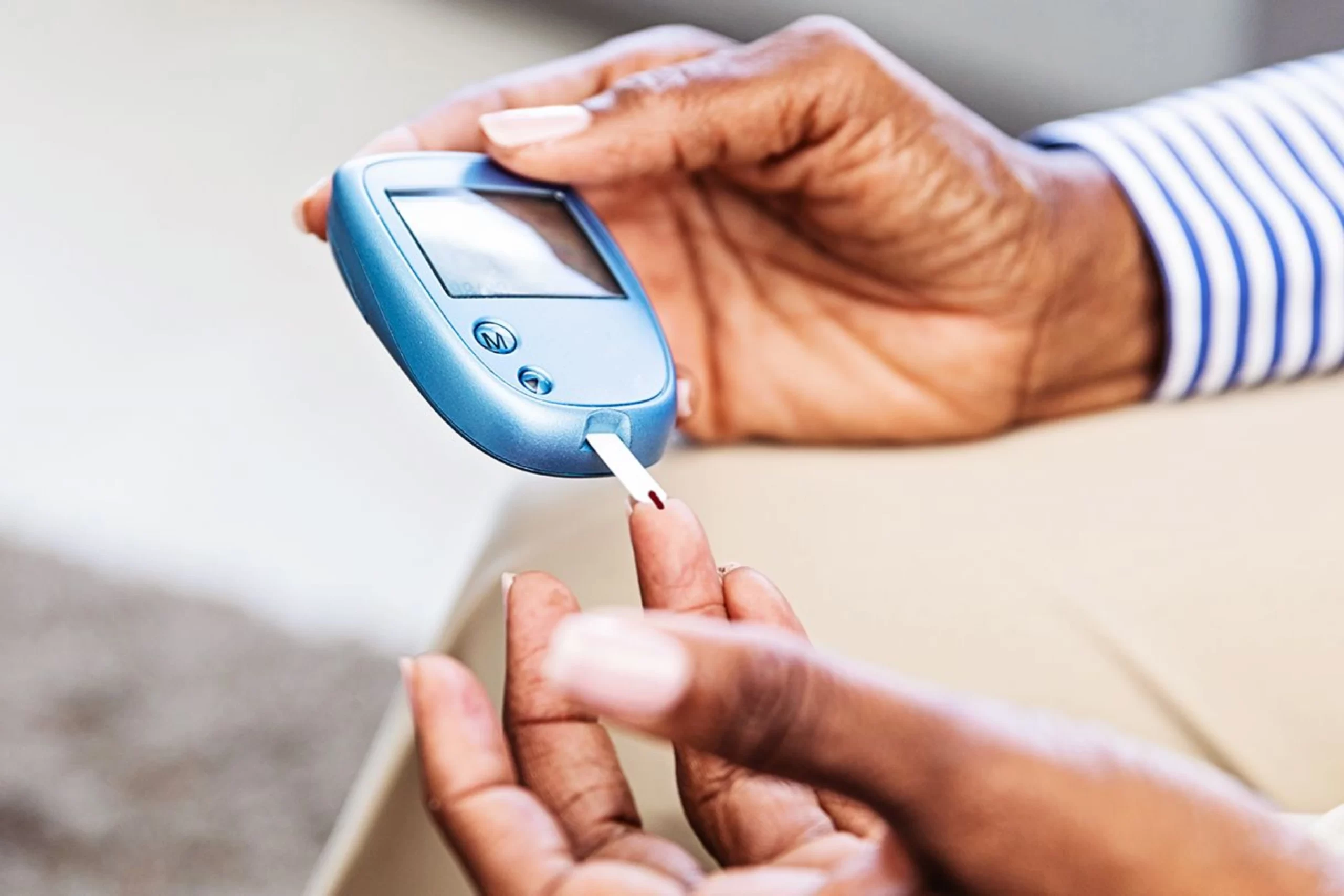This blog provides practical tips to lower blood sugar naturally, including dietary changes, exercise, stress management, and proper hydration. Regular blood sugar monitoring, avoiding processed foods, and incorporating fiber-rich foods are also key for maintaining glucose levels in the normal range. For those with high blood sugar or Type 2 diabetes, these steps can help manage blood sugar and prevent complications. The blog also addresses how to respond to high blood sugar readings and when to seek medical help.
Maintaining healthy glucose levels is important for your overall well-being. High blood sugar levels, if left uncontrolled, can lead to serious health problems, including heart disease, kidney issues, and nerve damage. Fortunately, there are many natural ways to lower blood sugar. Here are 10 simple tips to help you manage your glucose levels and keep your blood sugar in the normal range.
1. Eat Foods That Lower Blood Sugar
The foods you eat play a huge role in controlling blood sugar. Certain foods help lower blood sugar naturally and keep glucose levels stable. Here are some foods that can help:
- Leafy greens like spinach and kale
- Whole grains like brown rice and oats
- Nuts and seeds like almonds and chia seeds
- Beans and legumes like lentils and chickpeas
- Berries like strawberries and blueberries
Incorporating these foods into your diet can help with blood sugar control and maintain normal blood sugar levels.
2. Exercise Regularly
Physical activity is one of the fastest ways to lower blood sugar. When you exercise, your muscles use glucose for energy, which helps lower the amount of sugar in your bloodstream. Aim for at least 30 minutes of moderate exercise, such as walking, swimming, or cycling, most days of the week.
- Exercise increases insulin sensitivity.
- Helps your muscles use glucose more effectively.
- Reduces stress, which can affect blood sugar.
- Improves heart health and circulation.
- Enhances overall well-being and energy levels.
3. Drink Plenty of Water
Drinking water is crucial for overall health and can help control glucose levels. Staying hydrated helps your kidneys flush out excess sugar through urine. Drinking water can also help reduce sugar spikes and prevent dehydration, which is a common issue for people with high blood sugar.
- Drink at least 8 cups of water a day.
- Helps remove excess glucose through urine.
- Prevents dehydration caused by high blood sugar.
- Improves overall health and digestion.
- Supports proper kidney function.
4. Manage Stress
Stress can increase blood sugar levels by triggering the release of hormones like cortisol, which makes it harder for your body to regulate glucose. Managing stress through techniques like deep breathing, meditation, or yoga can help lower your glucose levels.
- Practice relaxation techniques like deep breathing.
- Try mindfulness or meditation for stress reduction.
- Regular exercise can reduce stress levels.
- Spend time outdoors to relax your mind.
- Ensure adequate sleep to manage stress.
5. Get Enough Sleep
Sleep is essential for maintaining normal blood sugar levels. When you don’t get enough sleep, your body becomes less sensitive to insulin, leading to higher blood sugar levels. Aim for 7-9 hours of sleep each night to support healthy glucose levels.
- Lack of sleep can lead to insulin resistance.
- Sleep improves blood sugar control and insulin sensitivity.
- A good night’s sleep helps reduce stress.
- Sleep supports overall health and energy levels.
- Aim for a consistent sleep schedule each night.
Also Read: Best Diet To Lose Belly Fat: Take Charge Of Your Health With These Proven Tips
6. Monitor Your Blood Sugar Regularly

One of the best ways to manage your blood sugar is by monitoring it regularly. A blood sugar test can help you understand how different foods, activities, and habits affect your glucose levels. Regular testing helps you stay on top of your blood sugar control and ensures you’re maintaining normal blood sugar levels.
- Track your glucose levels with a blood sugar test.
- Helps you adjust your diet and exercise routine.
- Keeps you informed about your glucose levels.
- Ensures you stay within the blood sugar normal range.
- Helps detect potential hyperglycemia symptoms early.
7. Avoid Processed Foods
Processed foods, such as sugary snacks, sodas, and fast food, can cause spikes in your blood sugar. These foods are often high in refined sugars and unhealthy fats, which can make it harder to maintain normal blood sugar levels. Avoiding these foods can help lower your glucose levels and prevent high blood sugar.
- Processed foods increase the risk of high blood sugar.
- They are low in nutrients and fiber.
- Opt for whole foods like fruits, vegetables, and lean proteins.
- Avoid sugary drinks, including soda and juice.
- Choose healthier snacks like nuts or fresh fruit.
8. Include Fiber in Your Diet
Fiber helps regulate blood sugar by slowing the absorption of sugar into your bloodstream. Eating fiber-rich foods, such as vegetables, fruits, and whole grains, can help improve blood sugar control and support normal glucose levels.
- Fiber slows the absorption of sugar into the bloodstream.
- Helps maintain steady glucose levels throughout the day.
- Aids in digestion and reduces hunger.
- Include fiber-rich foods like oats, beans, and leafy greens.
- Helps prevent blood sugar spikes after meals.
9. Use Cinnamon and Other Spices

Certain spices like cinnamon have been shown to help lower blood sugar naturally. Cinnamon can improve insulin sensitivity and help regulate glucose levels. Adding a teaspoon of cinnamon to your meals or beverages may help lower your blood sugar.
- Cinnamon improves insulin sensitivity and glucose metabolism.
- Helps lower fasting blood sugar levels.
- Add cinnamon to smoothies, oatmeal, or coffee.
- Other spices like turmeric and ginger also have benefits.
- Use spices to flavor your food instead of added sugars.
10. Consult Your Doctor for Hypoglycemia Treatments

If your blood sugar levels drop too low (hypoglycemia), you may experience symptoms like shakiness, sweating, and confusion. It’s important to consult your doctor for proper hypoglycemia treatments to prevent serious complications. They may recommend medications or lifestyle changes to help you manage your blood sugar levels more effectively.
- Hypoglycemia can cause dangerous symptoms and complications.
- Your doctor can recommend appropriate treatments for low blood sugar.
- Learn to recognize hypoglycemia symptoms early.
- Carry glucose tablets or a sugary drink for emergencies.
- Your doctor can guide you on maintaining normal blood sugar levels.
Also Read: Morning Diet Magic: Lose Belly Fat, Shed Weight with This Plan!
By following these natural ways to lower blood sugar and maintaining a healthy lifestyle, you can effectively manage your glucose levels and prevent complications. Remember to regularly monitor your blood sugar levels and seek medical guidance when necessary.
FAQ
- My blood sugar is over 300, what should I do?
If your blood sugar is over 300, it’s important to seek medical help immediately. High blood sugar can lead to serious complications, including diabetic ketoacidosis. Drink plenty of water and monitor your blood sugar, but don’t delay seeking treatment. - My blood sugar is 250, what should I do?
A blood sugar level of 250 is high but not as dangerous as levels over 300. It’s important to take action immediately by drinking water, adjusting your diet, and checking your blood sugar regularly. If the level doesn’t decrease, contact your doctor. - How can I lower my blood sugar fast?
The fastest way to lower blood sugar is through physical activity. Exercise helps your muscles use glucose for energy, which lowers blood sugar levels. Drinking water and taking medications as prescribed can also help lower blood sugar quickly. - How often should I test my blood sugar?
Testing your blood sugar should be done regularly, especially if you have diabetes or are at risk. Your doctor can recommend the best schedule for blood sugar tests based on your specific needs. - What foods should I avoid to maintain normal blood sugar levels?
Avoid foods high in refined sugars, processed carbohydrates, and unhealthy fats. This includes sugary snacks, fast food, and sodas. Instead, focus on whole, nutrient-dense foods that support stable blood sugar levels.








